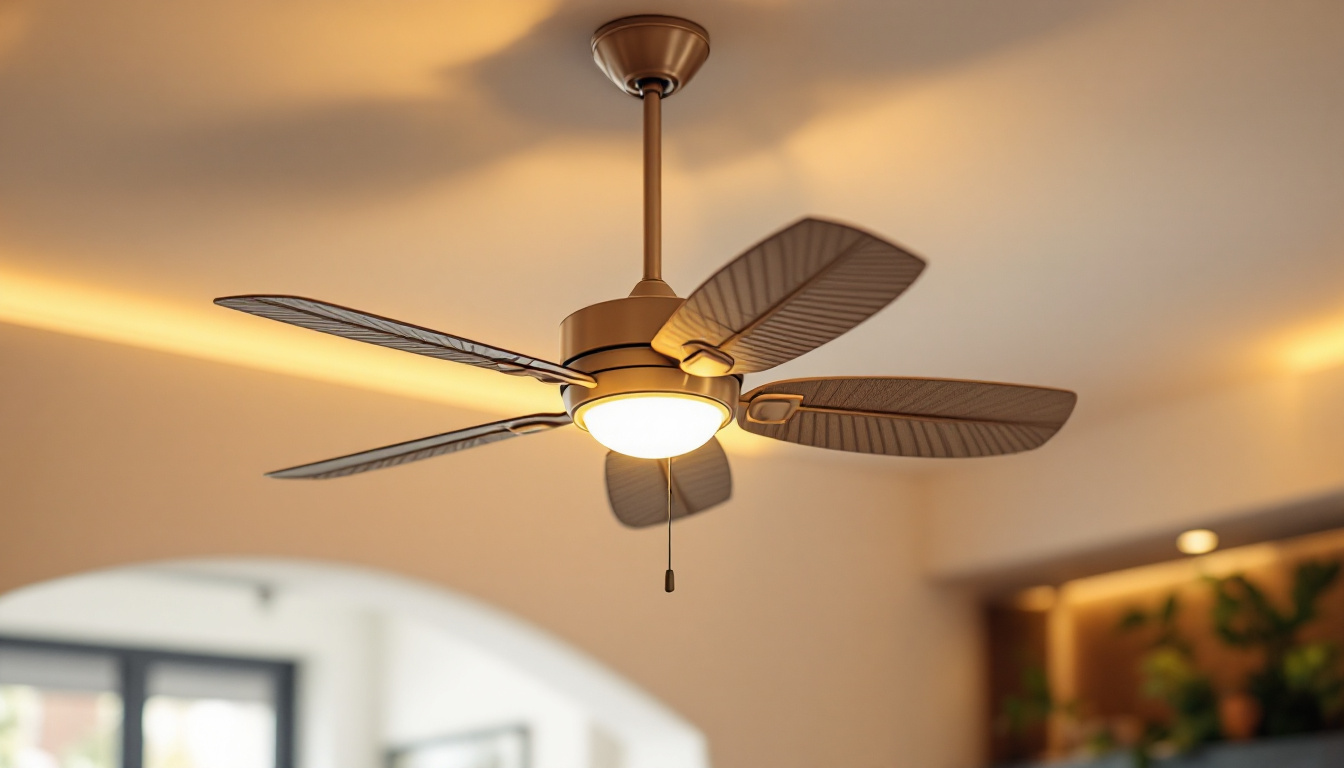
As the demand for sustainable and energy-efficient solutions continues to rise, solar outside lighting has emerged as a popular choice among homeowners and businesses alike. For lighting contractors, understanding the essentials of solar outside lights is crucial for providing clients with effective, reliable, and environmentally friendly lighting options. This article delves into the key aspects of solar outside lights that contractors should consider to enhance their service offerings and meet client expectations.
Solar outside lights harness the sun’s energy to illuminate outdoor spaces, making them an attractive alternative to traditional electric lighting. These systems typically consist of solar panels, batteries, LED lights, and a control system. By converting sunlight into electricity, solar lights can operate independently of the grid, providing flexibility and cost savings for clients. This independence from the electrical grid not only reduces energy bills but also ensures that outdoor areas remain illuminated during power outages, enhancing safety and security.
Moreover, the growing popularity of solar lighting aligns with global efforts to promote sustainable living. As more homeowners and businesses seek eco-friendly solutions, solar outside lights serve as a practical option that meets both aesthetic and environmental goals. With advancements in solar technology, these lights are becoming increasingly efficient, allowing for brighter illumination and longer operational times, even in less sunny regions.
To effectively recommend and install solar outside lights, contractors must familiarize themselves with the essential components of these systems. The main components include:
Solar outside lights offer numerous advantages that can appeal to clients. Understanding these benefits can help contractors effectively communicate the value of solar lighting solutions:
In addition to these advantages, solar outside lights can also enhance the aesthetic appeal of outdoor spaces. With various designs and styles available, clients can choose fixtures that complement their landscaping and architectural features. From sleek modern designs to more traditional lantern styles, there is a solar lighting option to fit every taste and preference. Furthermore, the ability to place lights in remote areas without the need for electrical outlets opens up creative possibilities for illuminating previously dark corners of a property.
Proper installation is critical for the performance and longevity of solar outside lights. Contractors should pay attention to several factors that can influence the effectiveness of the lighting system.
Before installation, a thorough site assessment is essential. Contractors should evaluate:
Selecting the appropriate solar lighting products is vital for meeting client expectations. Contractors should consider factors such as:
Lighting contractors must also be aware of the regulatory and compliance factors that can affect the installation of solar outside lights. Understanding local codes and regulations is essential for ensuring that installations are safe and legal.
Before beginning any solar lighting project, contractors should check local building codes and permitting requirements. Some municipalities may have specific regulations regarding:
Many regions offer incentives and rebates for solar lighting installations, which can benefit both contractors and clients. Familiarizing oneself with these programs can enhance the attractiveness of solar solutions:
While solar outside lights are generally low-maintenance, contractors should be prepared to address common issues that may arise over time. Understanding maintenance procedures and troubleshooting techniques can enhance client satisfaction.
To ensure optimal performance, contractors should recommend regular maintenance tasks to clients, including:
Contractors should be equipped to troubleshoot common problems that clients may encounter, such as:
The solar lighting industry is continually evolving, with new technologies and trends shaping the market. Staying informed about these developments can help contractors remain competitive and provide cutting-edge solutions to clients.
As smart technology becomes more prevalent, the integration of smart features into solar lighting systems is on the rise. This includes:
Innovations in solar technology are leading to more efficient and effective lighting solutions. Key advancements include:
As the demand for sustainable outdoor lighting solutions continues to grow, lighting contractors must equip themselves with the knowledge and skills necessary to provide effective solar outside lighting options. By understanding the components, installation considerations, regulatory factors, and maintenance requirements, contractors can offer valuable services that meet the needs of their clients.
Moreover, staying informed about future trends in solar technology and smart lighting solutions will enable contractors to remain competitive in an ever-evolving market. By embracing solar outside lights, contractors can contribute to a greener future while enhancing their service offerings and client satisfaction.
Ready to elevate your lighting projects with the most efficient and sustainable solar outside lighting options? Look no further than LumenWholesale. Our commitment to empowering contractors like you with spec-grade lighting products at unbeatable wholesale prices sets us apart. With LumenWholesale, you gain access to an extensive selection of premium lighting that meets the highest industry standards, ensuring every installation shines with reliability and performance. Plus, with the convenience of free shipping on bulk orders, you can secure top-quality lighting at the best value without any hidden fees. Don’t compromise on quality, affordability, or convenience. Wholesale Lighting at the Best Value is just a click away. Experience the LumenWholesale difference today!

Discover how GE Lamps can transform your business strategy and help you secure more lighting contracts.

Discover how decorative ceiling fans can transform your space with enhanced lighting solutions.

Discover the best lighting for makeup with expert insights from lighting contractors. Learn key tips, common questions, and boost your beauty routine today!.

Discover the essential insights lighting contractors need about PC tubes on tables.